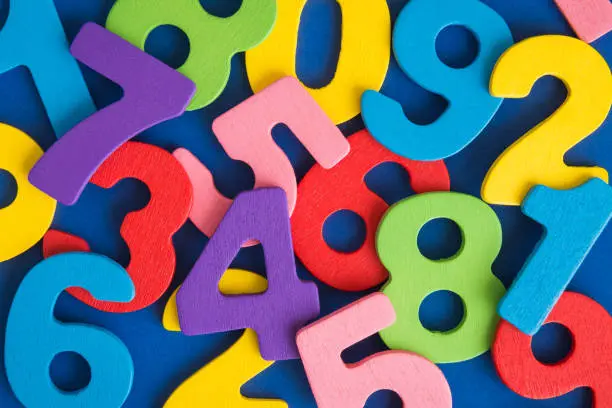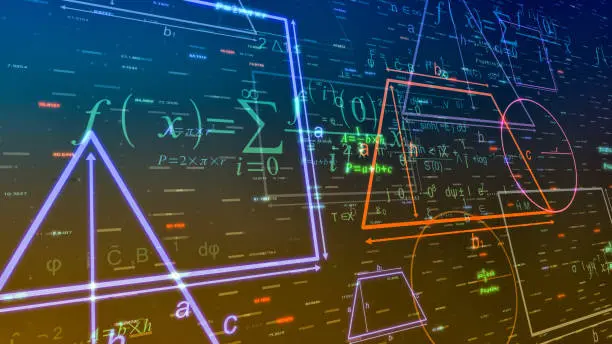
Exploring the Concept of Infinity in Advanced Mathematics
- Admin
Infinity, a concept both fascinating and enigmatic, lies at the heart of advanced mathematics, transcending the boundaries of finite reasoning and opening doors to realms of boundless possibility. In this article, we embark on a journey into the depths of mathematical infinity, exploring its various manifestations, paradoxes, and profound implications across different branches of mathematics.
The Nature of Infinity:
Infinity defies simple definition, existing beyond the confines of finite quantity or measurement. In mathematics, infinity is often conceptualized as a limitless, unbounded quantity that transcends any finite value. Whether expressed as an infinite sequence, series, set, or cardinality, infinity serves as a foundational concept underpinning many mathematical theories and constructions.
Infinity in Calculus:
In calculus, the concept of infinity plays a central role in understanding limits, derivatives, and integrals. As functions approach infinity or approach zero, calculus allows us to analyze their behavior and properties, leading to insights into rates of change, areas under curves, and the convergence of infinite series. Concepts such as infinite limits and improper integrals illustrate the subtle nuances of infinity in calculus.
Infinity in Set Theory:
Set theory provides a rigorous framework for exploring the nature of infinity through the concept of infinite sets. From countable sets such as the natural numbers to uncountable sets such as the real numbers, set theory delves into the cardinality and size of infinite collections, revealing the rich structure and hierarchy of infinite sets. The celebrated continuum hypothesis, which concerns the existence of sets with intermediate cardinalities between countable and uncountable, exemplifies the deep questions surrounding infinity in set theory.
Infinity in Geometry and Topology:
In geometry and topology, infinity manifests in various forms, from infinite lines and planes to infinite surfaces and spaces. Concepts such as projective geometry and hyperbolic geometry extend our geometric intuition to infinite dimensions, challenging our notions of space and dimensionality. Topological spaces with infinite boundaries, such as the infinite-dimensional Hilbert space, offer fertile ground for exploring the topology of infinity.
Infinity and Paradoxes:
While infinity unlocks new vistas of mathematical exploration, it also gives rise to intriguing paradoxes and puzzles that challenge our understanding. The famous paradoxes of Zeno, such as the dichotomy paradox and Achilles and the tortoise, highlight the subtle interplay between infinity and finiteness in motion and time. Similarly, the Banach-Tarski paradox and the paradoxes of infinite hotel illustrate the counterintuitive consequences of infinite operations and constructions.
Conclusion:
In conclusion, the concept of infinity stands as a cornerstone of advanced mathematics, permeating every corner of mathematical theory and practice. From calculus and set theory to geometry and topology, infinity reveals itself in myriad forms, offering both profound insights and perplexing paradoxes. As we continue to explore the depths of mathematical infinity, we unravel the mysteries of the infinite and embrace its boundless beauty and complexity.
